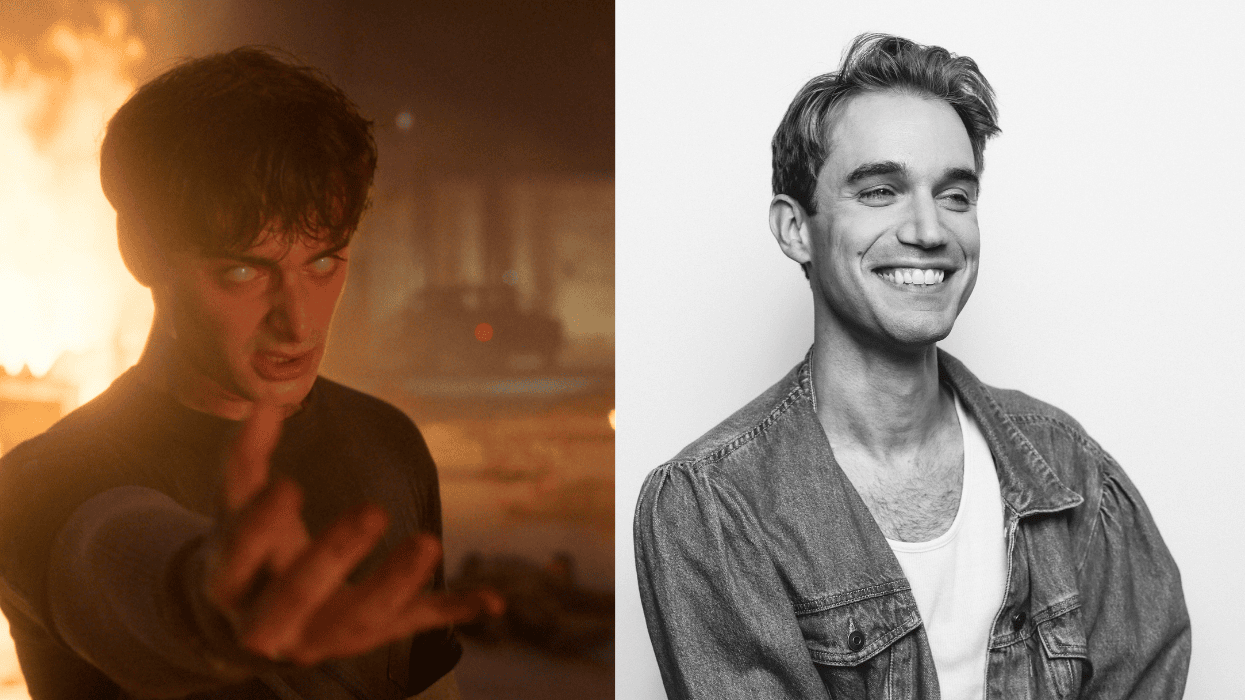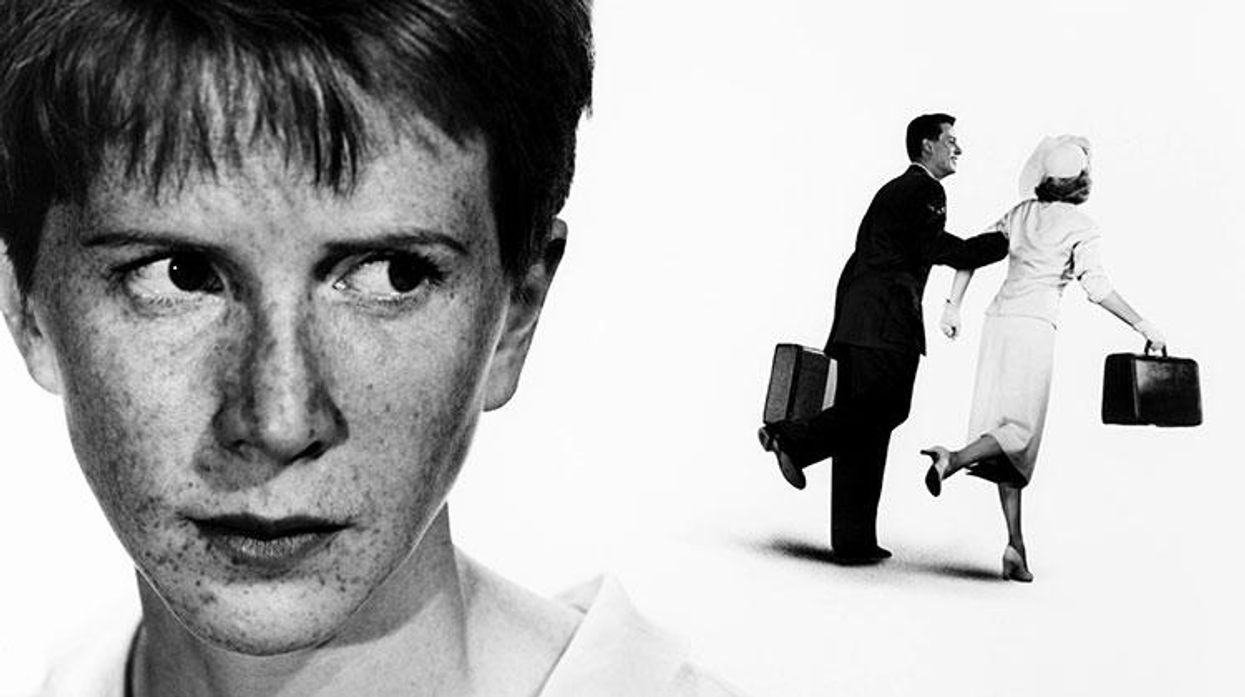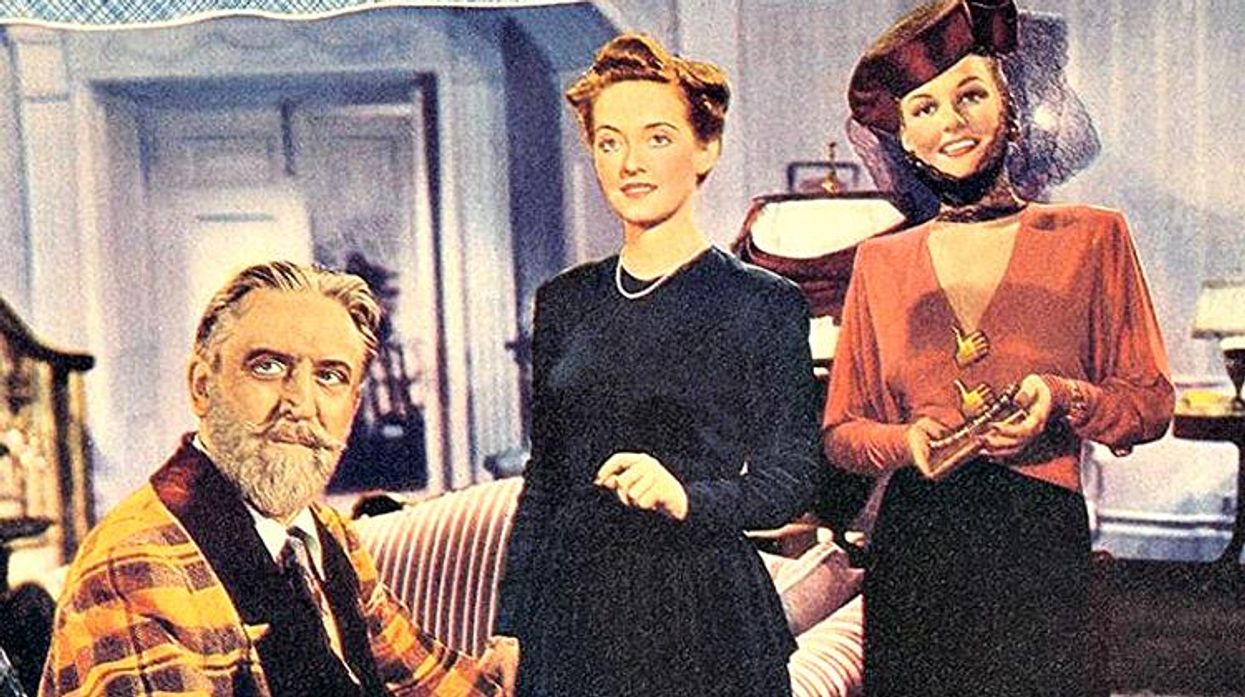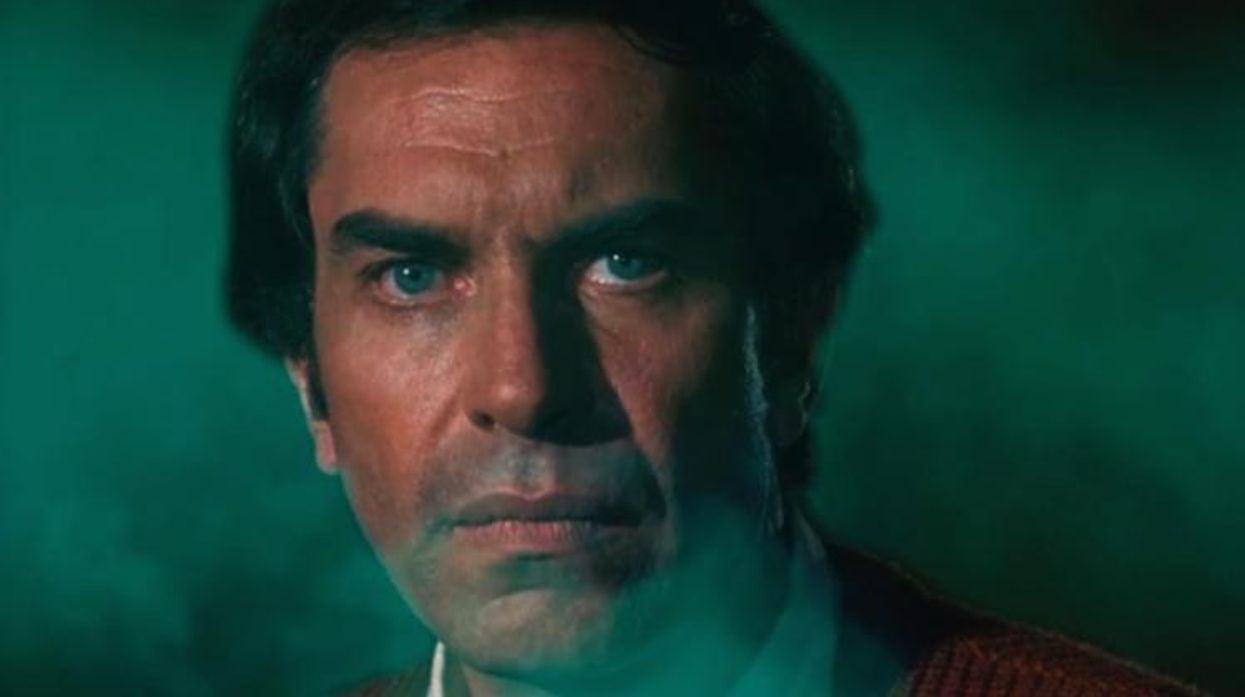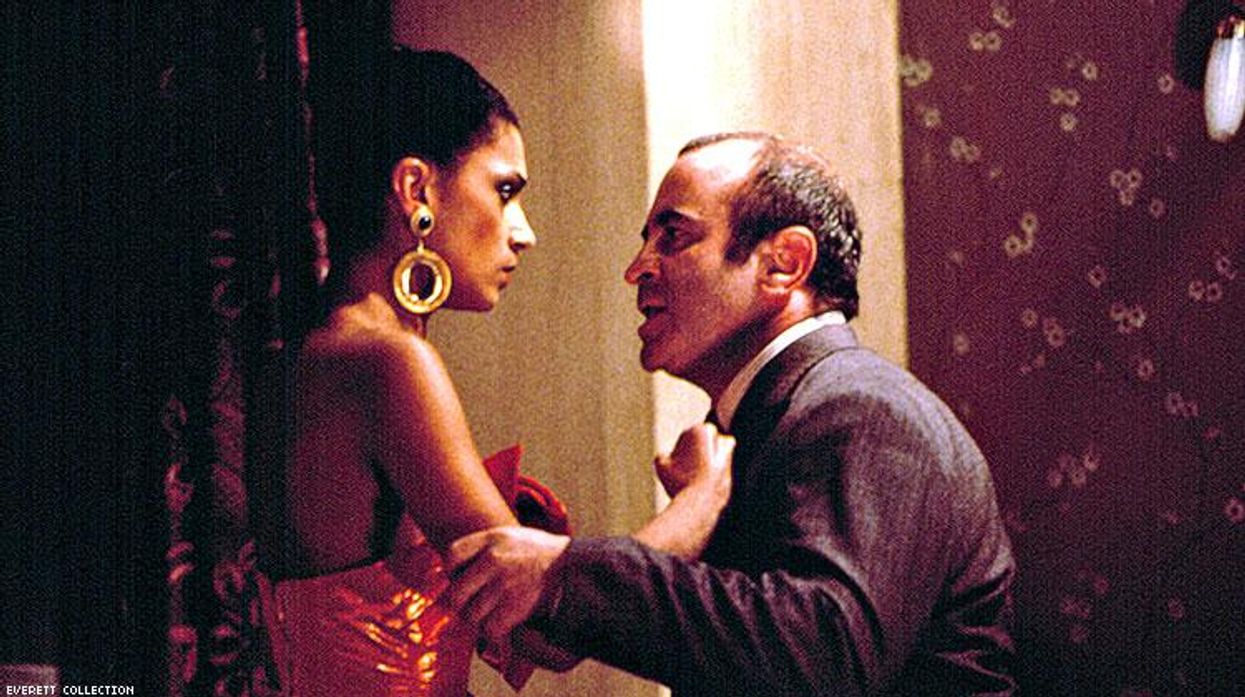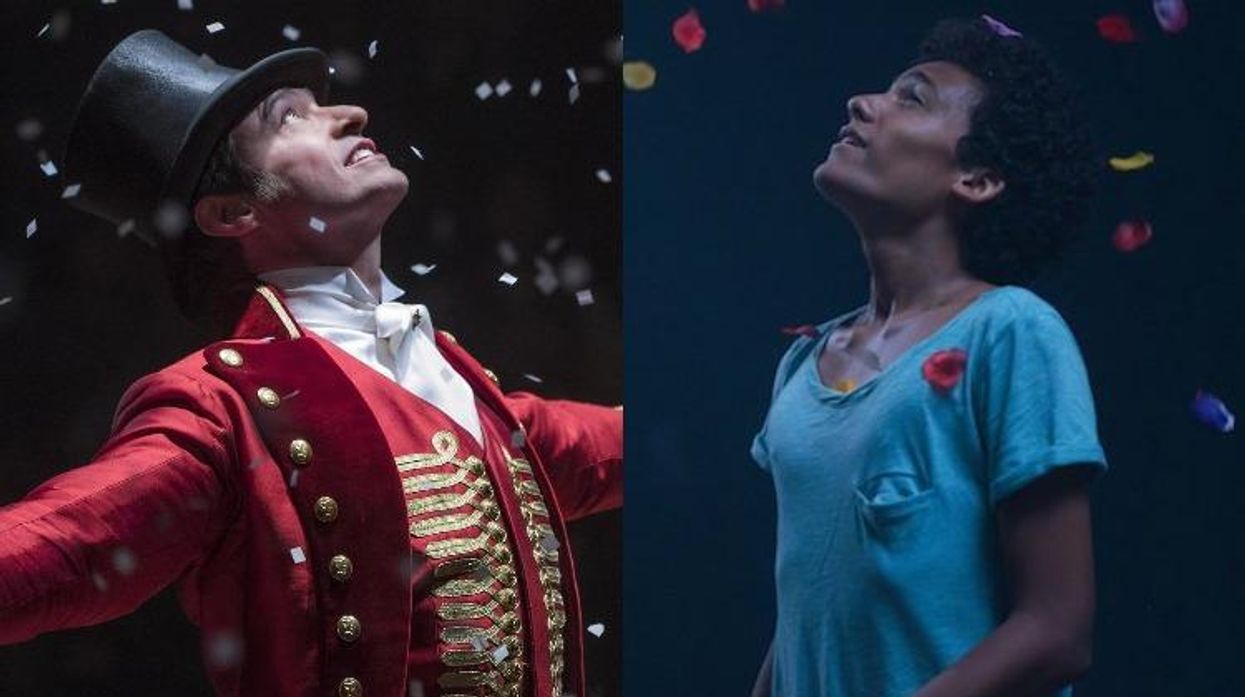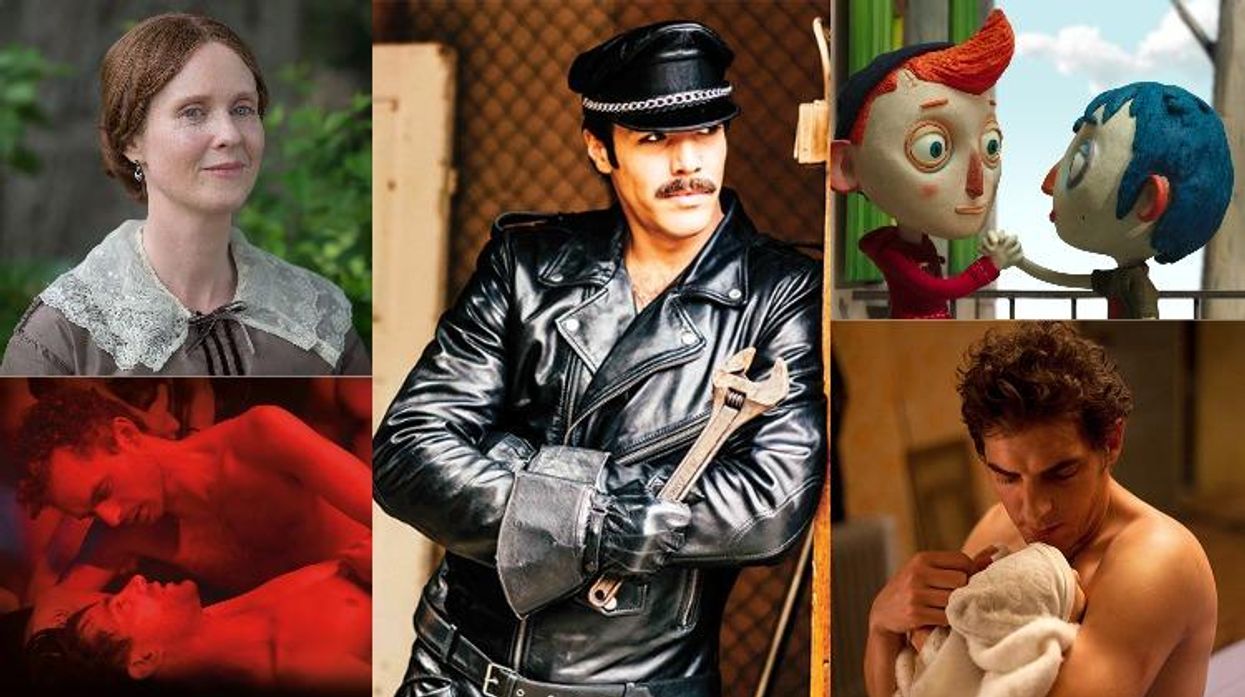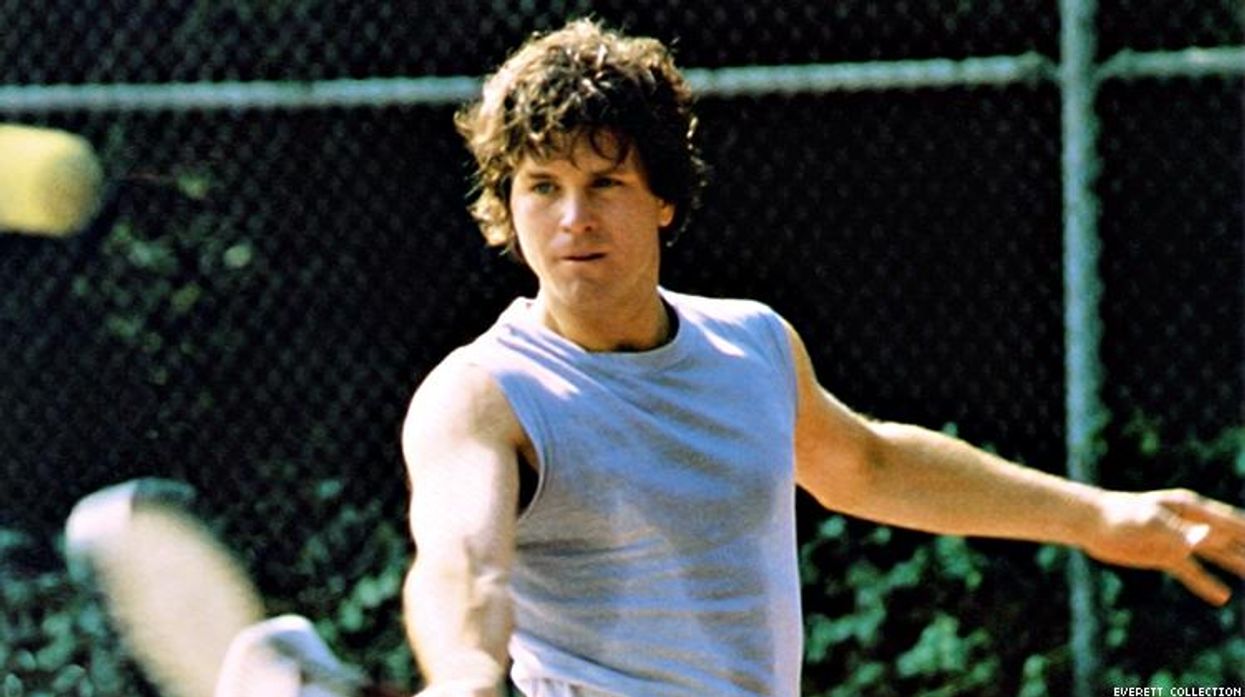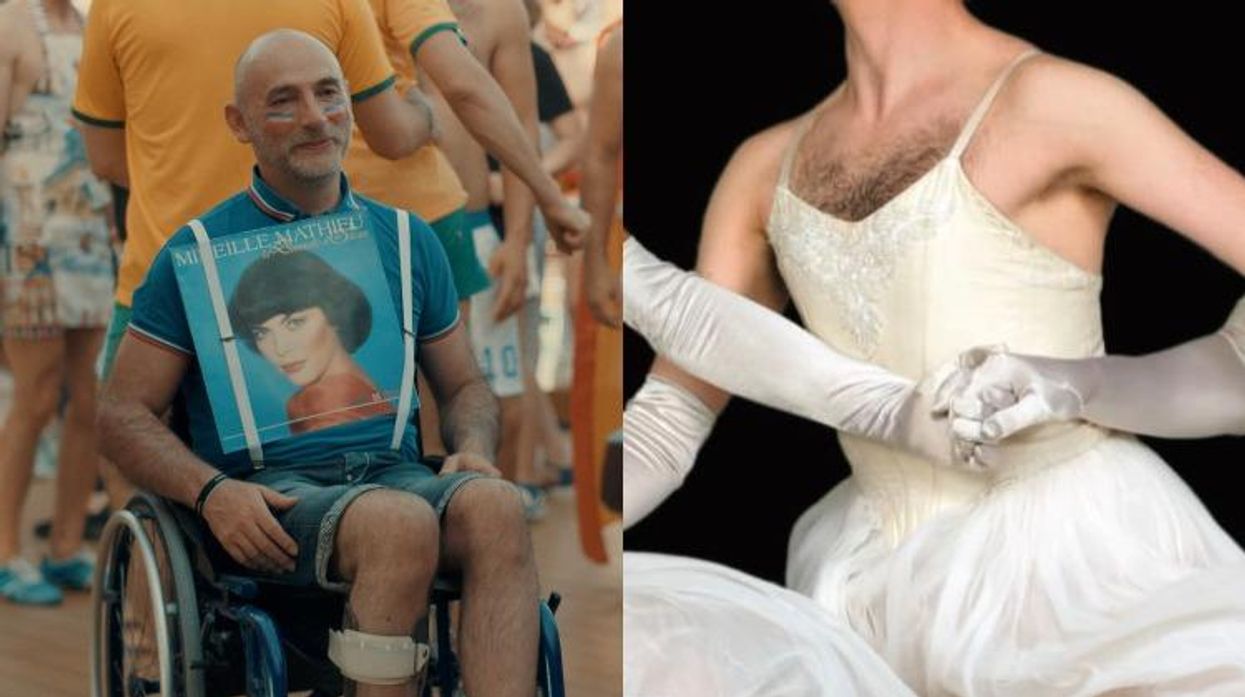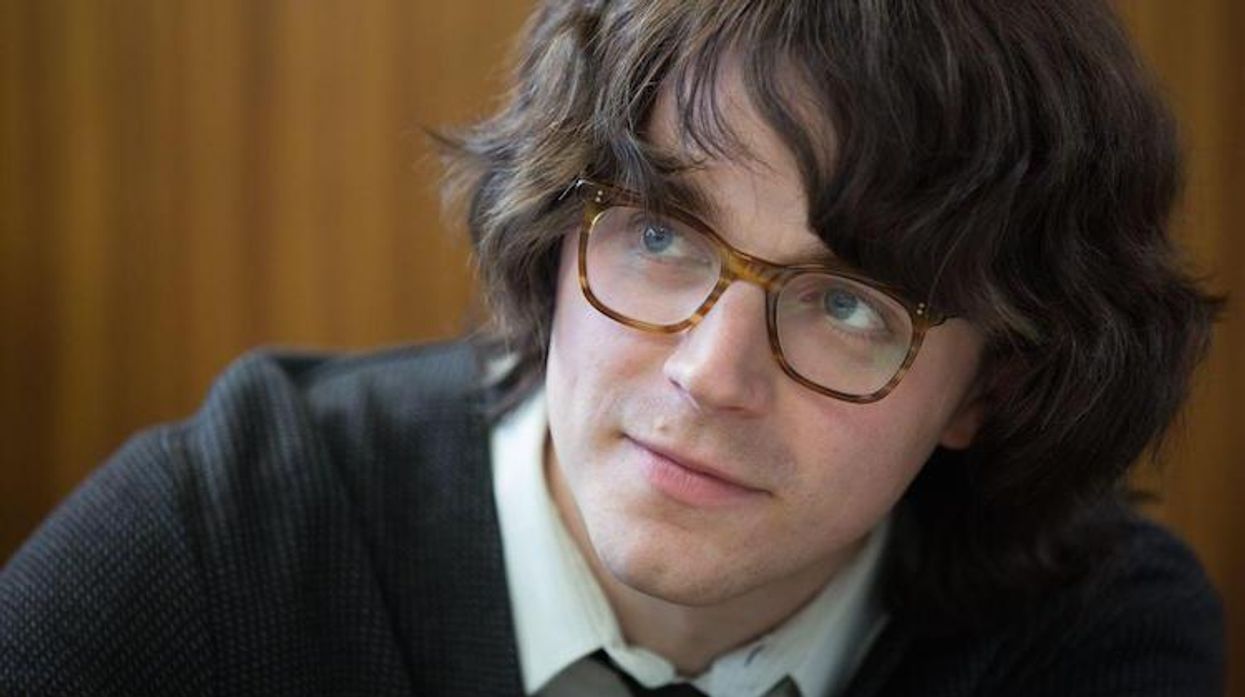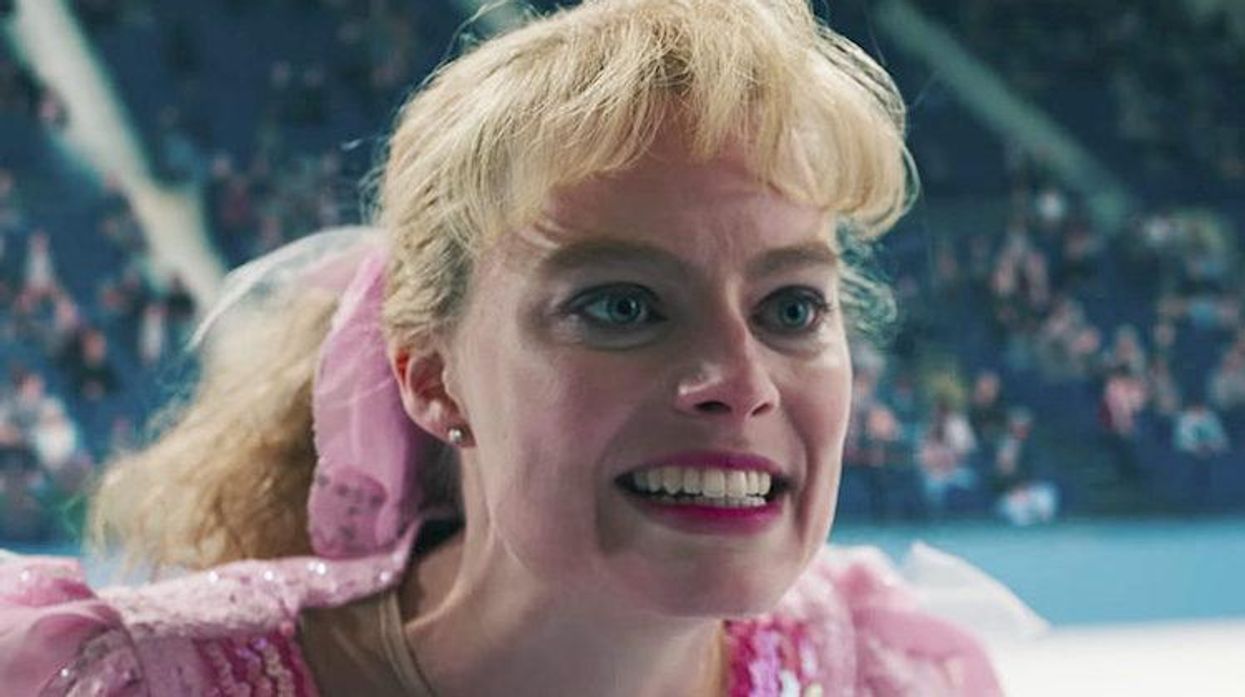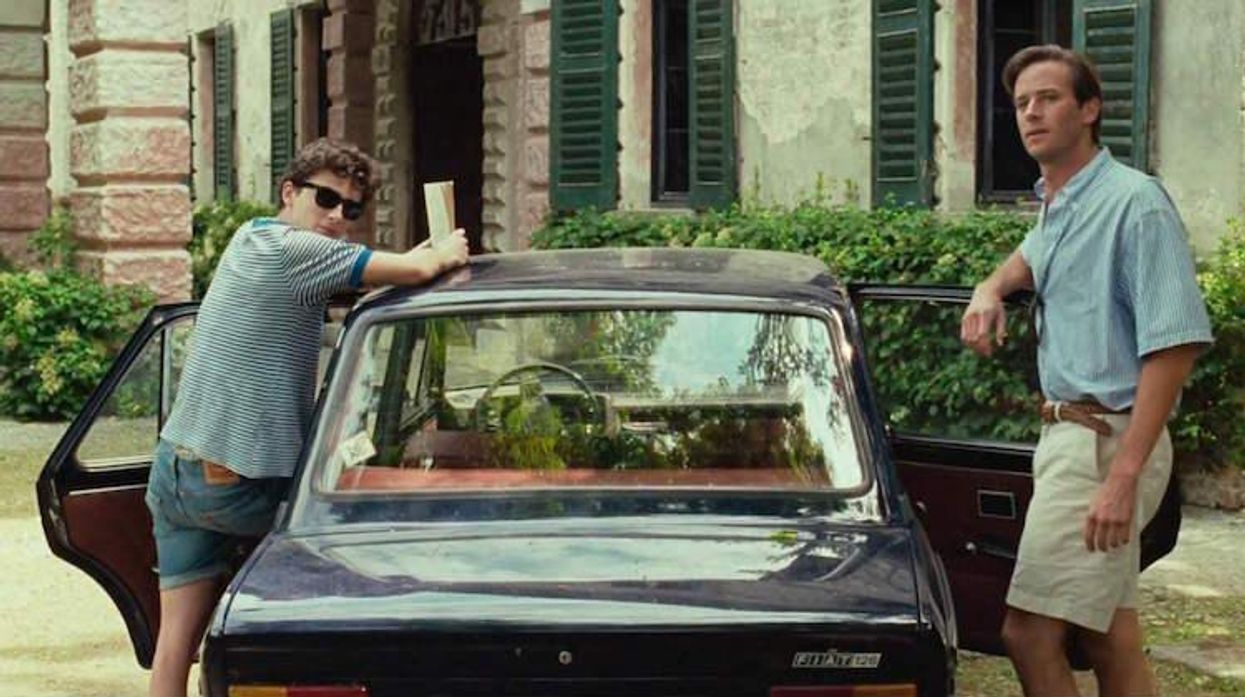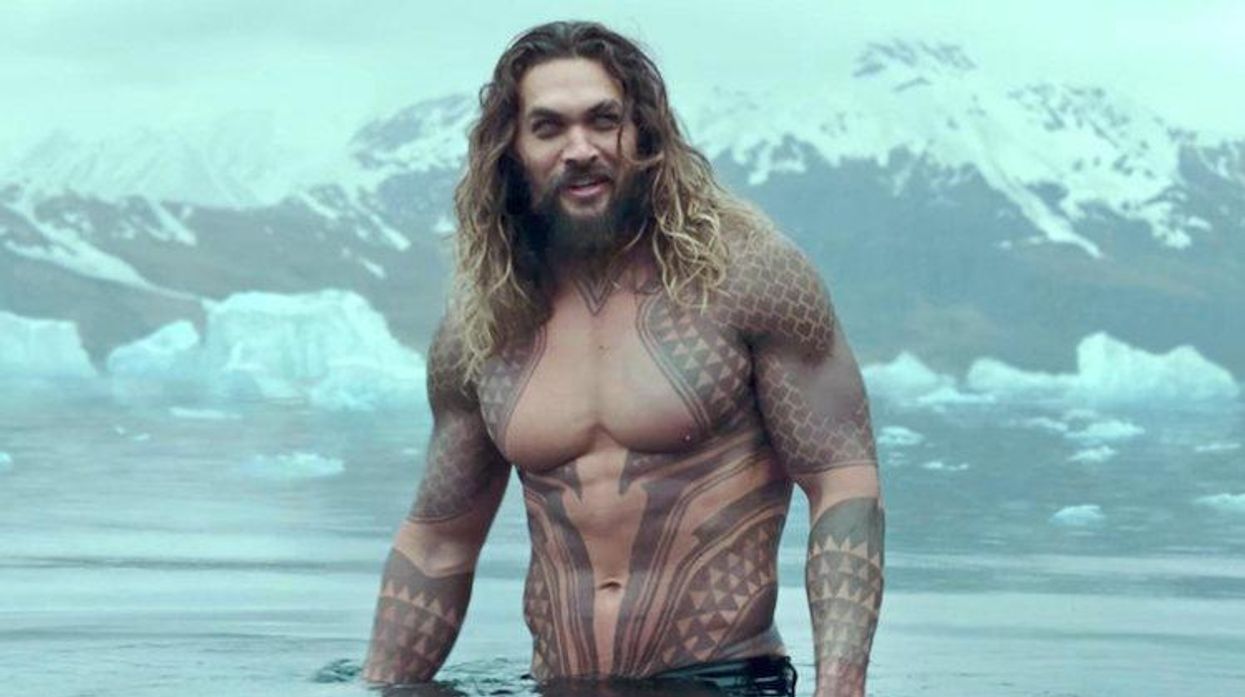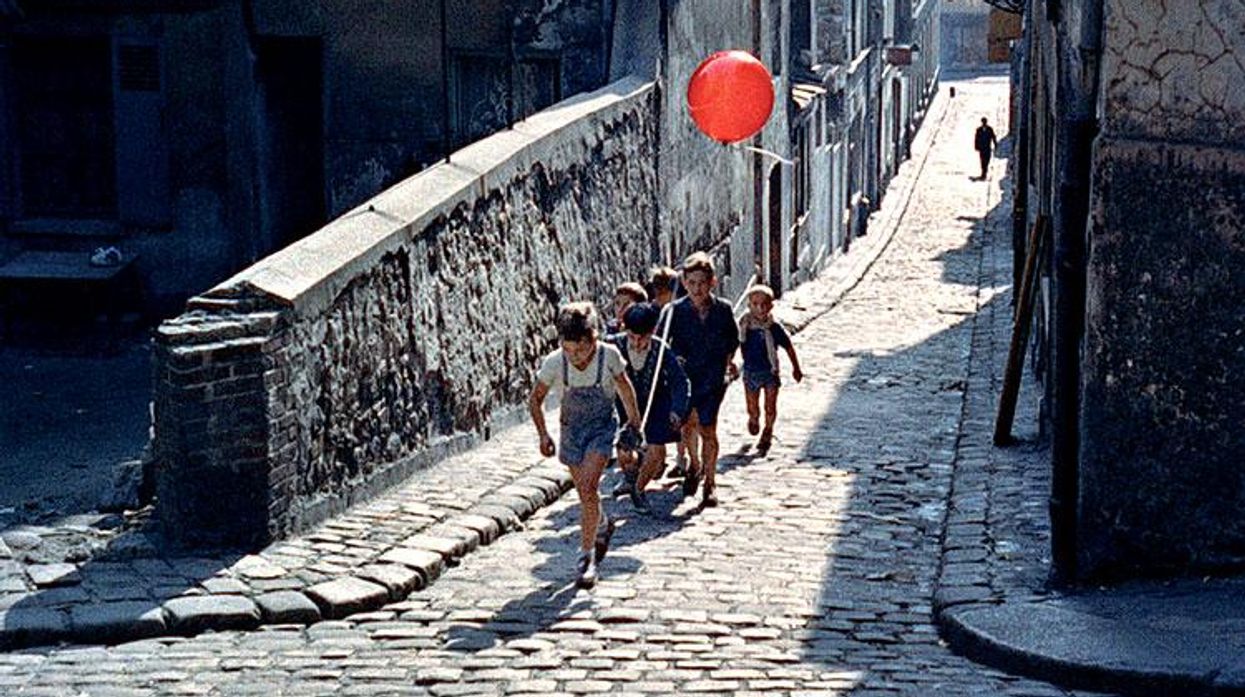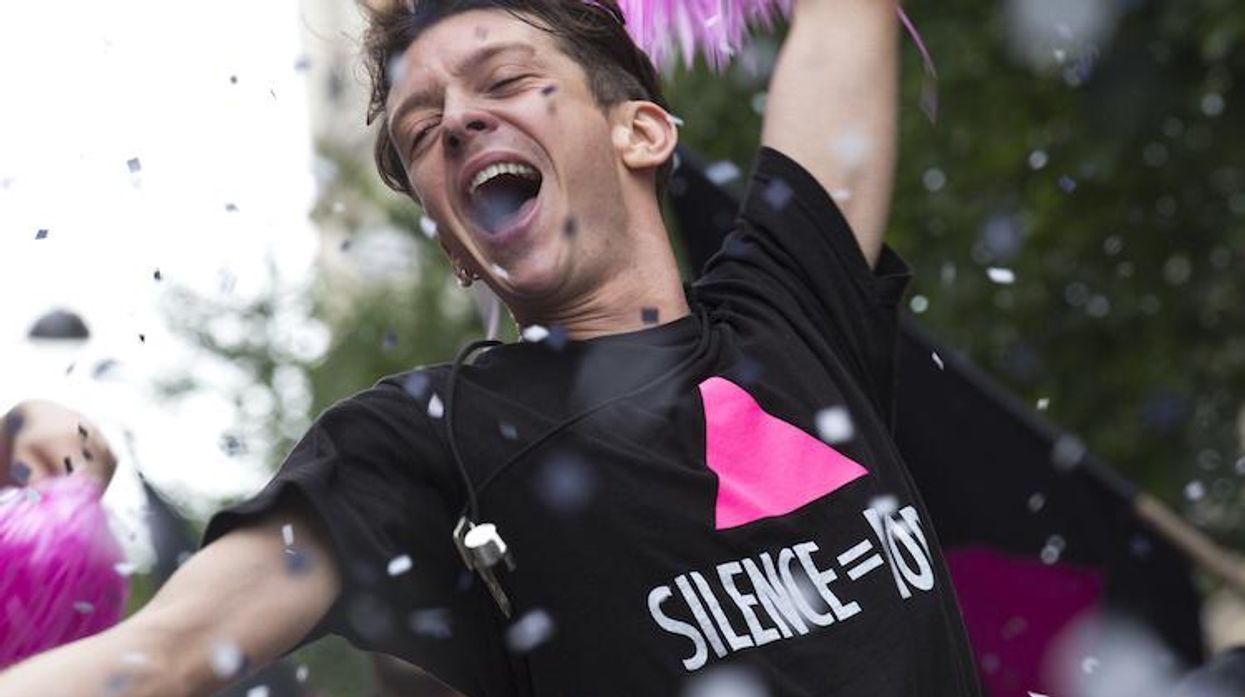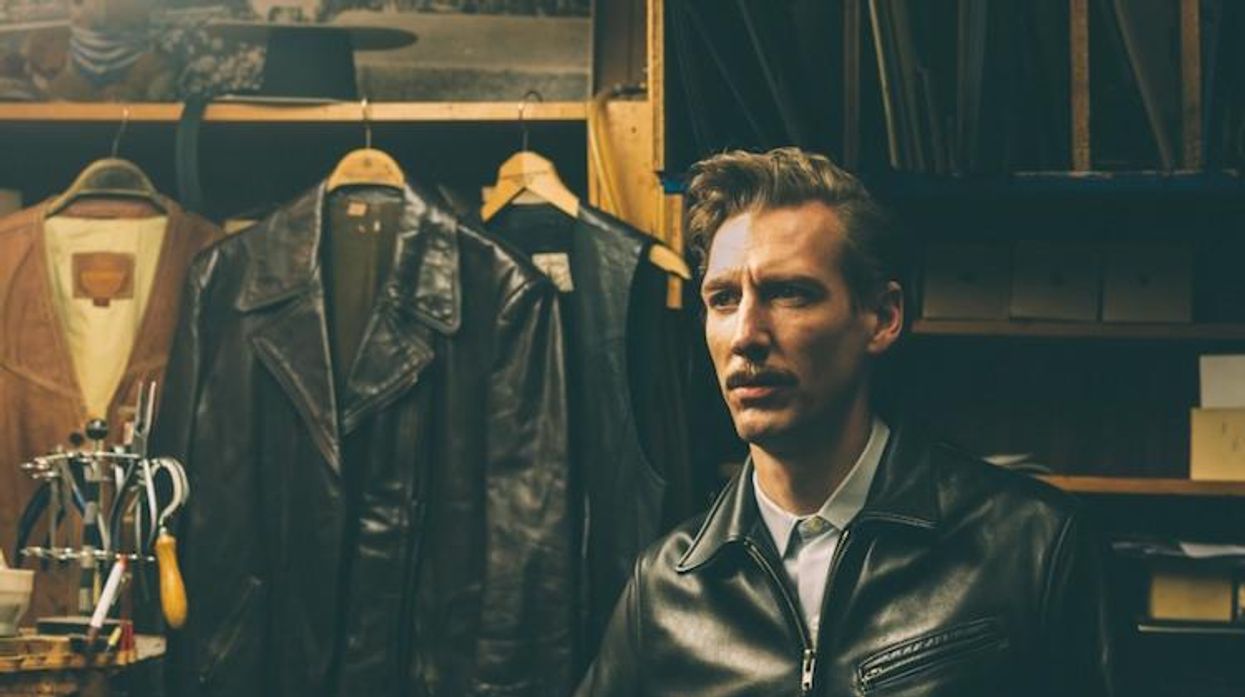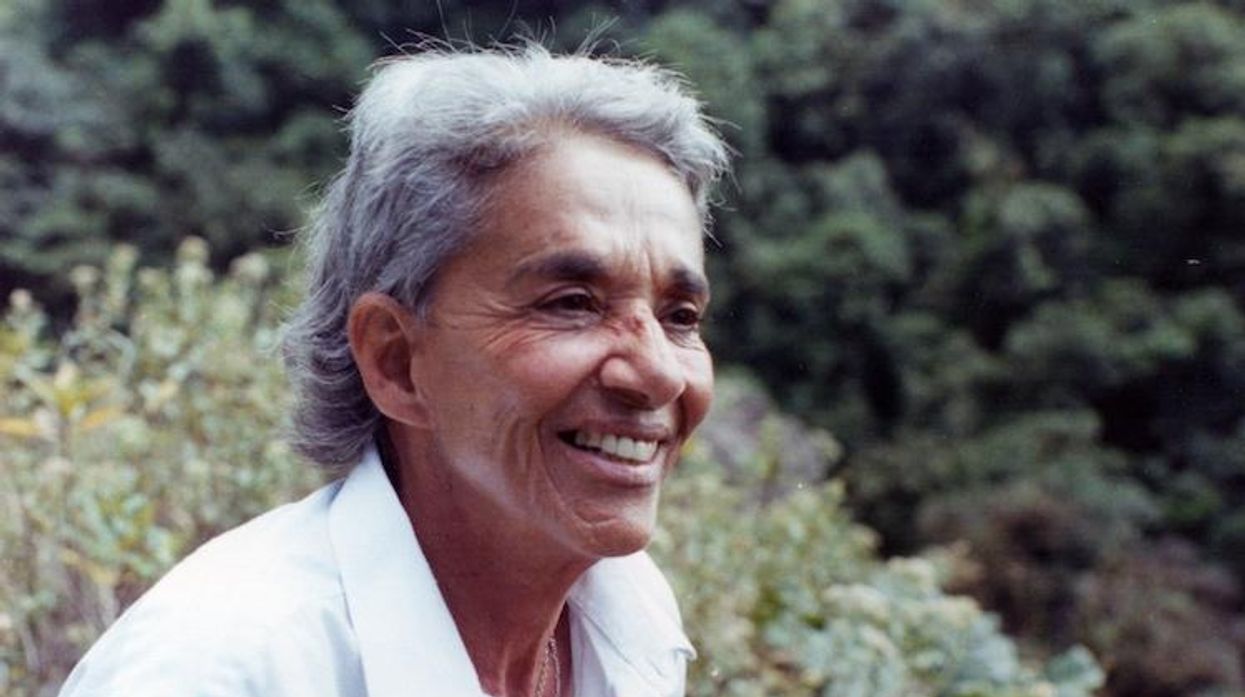Marcello Mastroianni and Sophia Loren, the sexiest romantic comedy team in movie history, risked their status as straight matinee idols to portray a gay man and a housewife's one-time liaison in 1977's A Special Day, newly available on Criterion DVD and Blu-Ray.
As Gabriele, a radio announcer during the Mussolini era, who loses his job then gets exiled for "deviance," Marcello received a Best Actor Academy Award nomination. That Hollywood recognition was more significant than the film itself. Back then, Oscars rewarded actors' professional and humane endeavors. Marcello and Sophia, heterosexual paradigms established through such internationally popular bawdy romances as Yesterday, Today and Tomorrow, and Marriage Italian Style, made A Special Day as a timely political gesture, acknowledging social advances of then-recent gay and women's liberation movements.
This is different from the high-mindedness shown by actors who blatantly mix politics with craft in today's sanctimonious message movies. A Special Day's none-too-subtle message about two oppressed people coming together as allies during a period of political repression, comments on social progress by referring to Italy's Fascist past. Director Ettore Scola and cinematographer Pasqualino deSantis shot in sepia to enhance the opening scene's black & white 1940s-style newsreel photography. Such political tactics are sublimated in Marcello and Sophia's extraordinary, full-bodied selves. Their movie star grandeur is what politics-on-their-sleeves actors like Matt Damon, Julianne Moore, and Mark Ruffalo lack. Marcello and Sophia help their unlimited audience experience empathy not propaganda.
A Special Day eventually lapses into sentimentality when Sophia's Antonietta (taking the dominant position, feminist studies academics will note) bends Gabriele over backwards and ravishes him, achieving her own orgasm and his dismay ("It doesn't change anything," he says). Yet, the two-way tumble has a surprising effect. This bizarro-world Marcello-Sophia mercy-fuck must co-exist with their timeless images as both "the most luscious comedienne the screen has ever known" (per Pauline Kael) and European cinema's passive-intellectual Don Juan. (Marcello's roles in La Dolce Vita, 8 1/2, and White Nights are so definitive his very name evokes a movie star you can ponder while dreaming.)
But Marcello was also a superb actor and his transformation into effete, insecure Gabriele whose sense of injustice grows into angry dissent is enhanced by fully-rounded humanity: Gabriele teaches Antonietta a hip-swaying mambo and shocks her stuffy modesty by gliding on a child's scooter. His first scene, a subtly moving farewell phone call to an unseen lover, channels Jean Cocteau's play The Human Voice--the classic gay male commiseration with female suffering, often alluded to by Almodovar. Due to Mastroianni's graceful persuasion it becomes this film's gay highlight.
Gabriele's lament, "I'm not a husband, a father, or a soldier, so I'm not a man," exposes society's political-gender strictures, as does Gabriele calling himself "f****t"--first shamefully then with defiance. As much as Gabriele and Antonietta helped each other cope, Marcello used his artistry as a cultural ally, raising humane awareness. In the same year as Sylvester's "Mighty Real," The Village People's "Macho Man," Donna Summer's "Try Me," and Gloria Gaynor's "I Will Survive," Marcello's performance in A Special Day encouraged gay identification and cinematic recognition.
A Special Day is available from Criterion. Watch a clip below:



